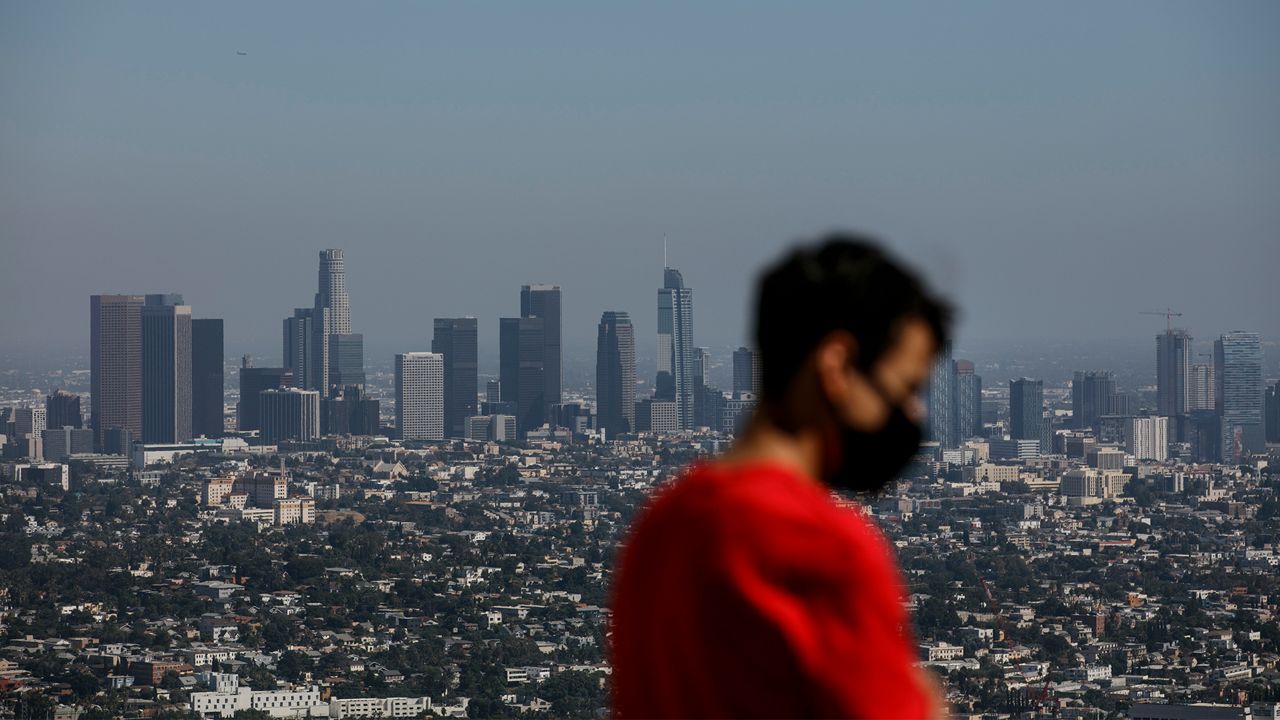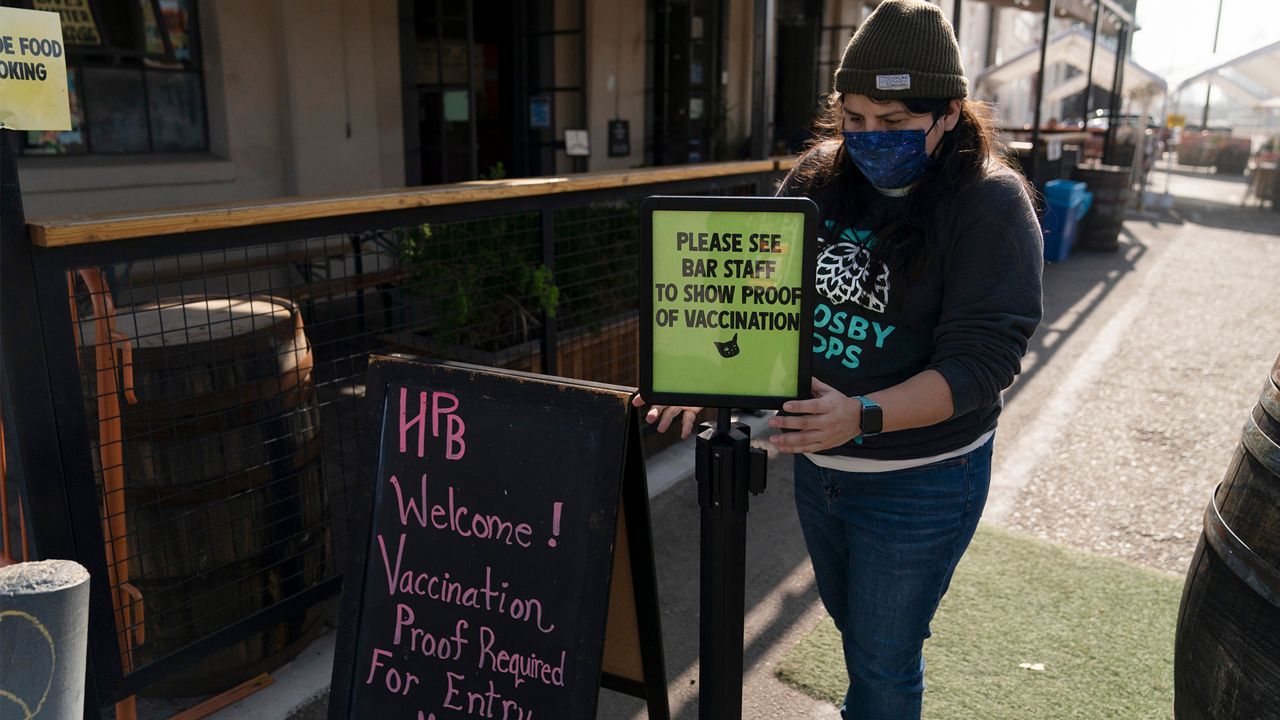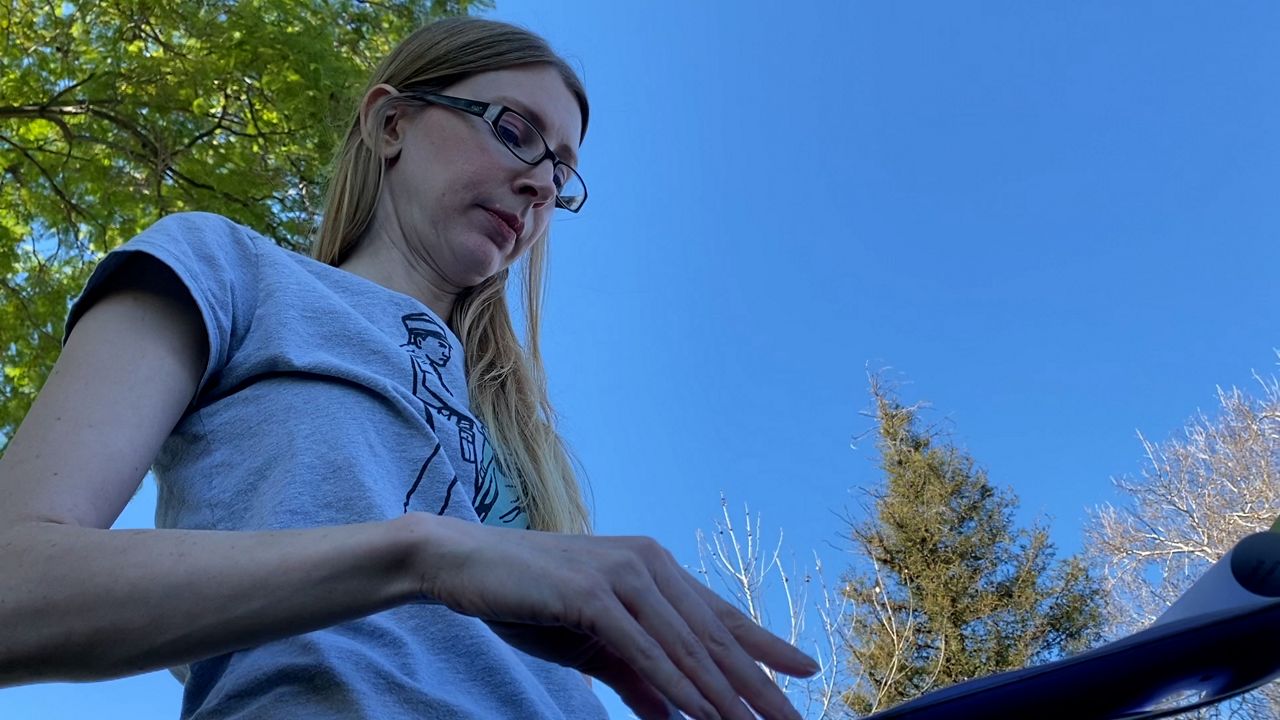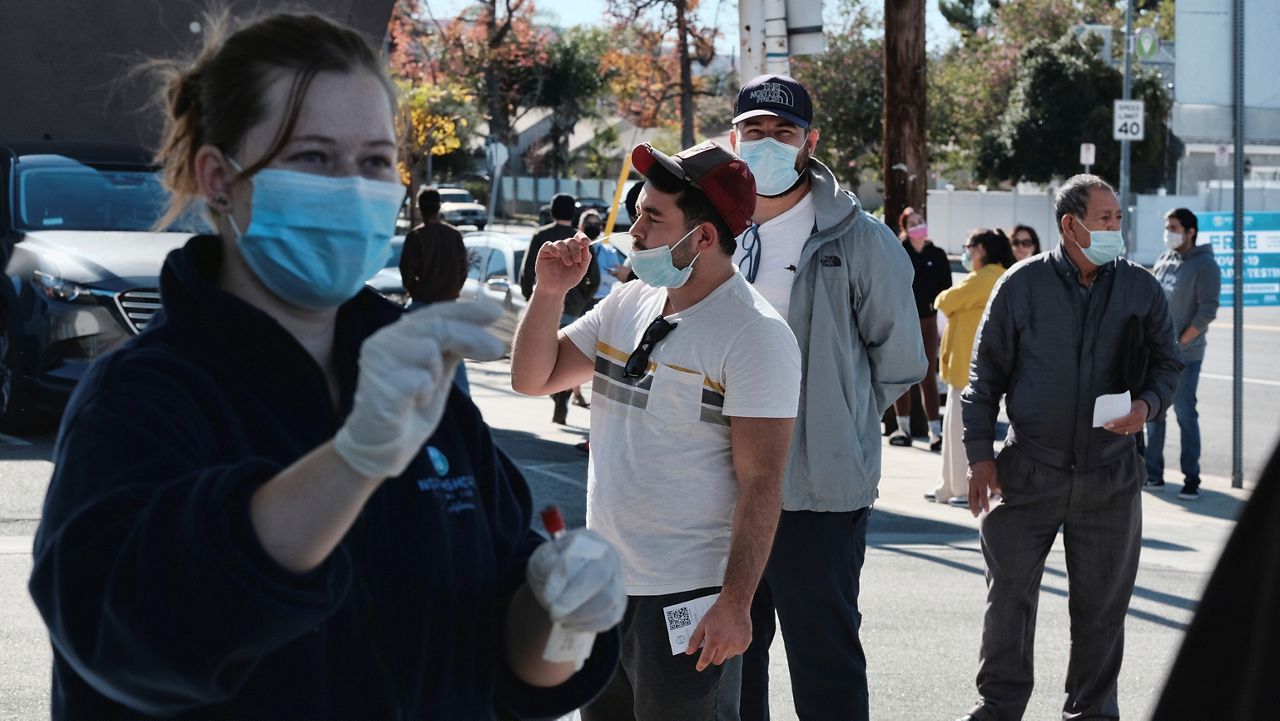LOS ANGELES (CNS) - The Los Angeles County Board of Supervisors voted Tuesday to approve a spending plan for $1.22 billion in federal and state coronavirus relief funds.
The vote was taken immediately after public comment that focused almost exclusively on other agenda items and without discussion by the board. In a statement issued after the vote, Supervisor Kathryn Barger said the money was sorely needed.
"This funding comes at a critical time for Los Angeles County," Barger said. "This plan addresses our ability to provide essential services, expand testing, contract tracing and meet tangible needs for working families and small businesses who are struggling and increasingly bearing the burden of the COVID-19 pandemic."
Supervisor Hilda Solis worried that it won't be enough to cover the county's needs and stressed that monies should go to communities that have been disproportionately affected.
"[$1.22 billion] is a lot of money, but it isn't enough for a county as large as ours. We must maximize each precious dollar by investing resources in our communities of color that have been disproportionately impacted by COVID- 19 due to years of systemic inequities that have left them chronically underinvested and underserved," Solis said. "I will continue advocating that CARES Act funding be directed to our most disadvantaged communities that have historically been denied access to resources and services."
Supervisor Sheila Kuehl highlighted specific uses.
"It's extremely important that the county make these commitments to our emergency health response, including strengthening our testing and contact tracing efforts, as well as for rent relief and to bolster and sustain our food security programs," Kuehl said. "COVID-19 has knocked many vulnerable residents to their knees, and these investments will allow us to continue to help people as we work to bring the pandemic under control."
In a letter asking for board approval, Chief Executive Officer Sachi Hamai indicated the county's priorities for the money by citing four broad categories. Just over half of the funding will go to support public health. The balance will be split between financial support for small businesses and residents -- primarily through food and housing programs -- and to cover the cost of county workers handling COVID-19 related functions.
Hamai's office separately provided a breakdown of her recommendations for the funding, which includes $1.057 billion from federal sources and $163.4 million from the state. The board did not vote on that specific allocation, but gave the CEO the authority to adjust spending between categories and across years as she sees fit.
Federal and state authorities prohibit the use of these funds to make up revenue shortfalls, but otherwise allow spending on a broad range of programs and services related to the COVID-19 emergency. All of the monies must be spent by the end of December.
The most expensive items listed in the CEO's recommendations include:
-- $226 million to ramp up community-based testing, including of homeless people and those in correctional settings;
-- $160 million for small business grants;
-- $150 million to deploy 3,600-plus emergency response/disaster service workers from county departments other than Health Services and Public Health to handle COVID-19-related work;
-- $148 million to support Project Roomkey -- which places people vulnerable to COVID-19 in temporary housing in hotels and motels -- and related housing efforts;
-- $102 million for personal protective equipment for the departments of Health Services and Public Health and vulnerable and at-risk populations, such as those in homeless shelters and nursing homes, as well as some one-time supplies and equipment for DHS;
-- $100 million for rent relief;
-- $85 million for various food insecurity programs, including the Los Angeles Regional Food Bank and Great Plates Delivered;
-- $75 million for contact tracing; and
-- $41 million to support medical sheltering.
Smaller amounts were recommended to be spent on a wide range of items, including child care vouchers, vote-by-mail balloting and the Office of Diversion and Reentry's housing program.
Hamai suggested holding back roughly $54 million to manage surge capacity or other contingencies. She also indicated in her letter to the board that a data-driven approach to health care-related spending would help the county prioritize the needs of communities of color being disproportionately impacted by COVID-19.
Supervisor Mark Ridley-Thomas underscored that commitment.
"From COVID-19 testing and isolation, to rental subsidies and small business assistance, it is imperative that our COVID-19 relief strategies break down the racial disparities and longstanding systemic and structural inequities that limit access to health and wealth," Ridley-Thomas said. "By doing so, we can help communities not only recover but thrive."










